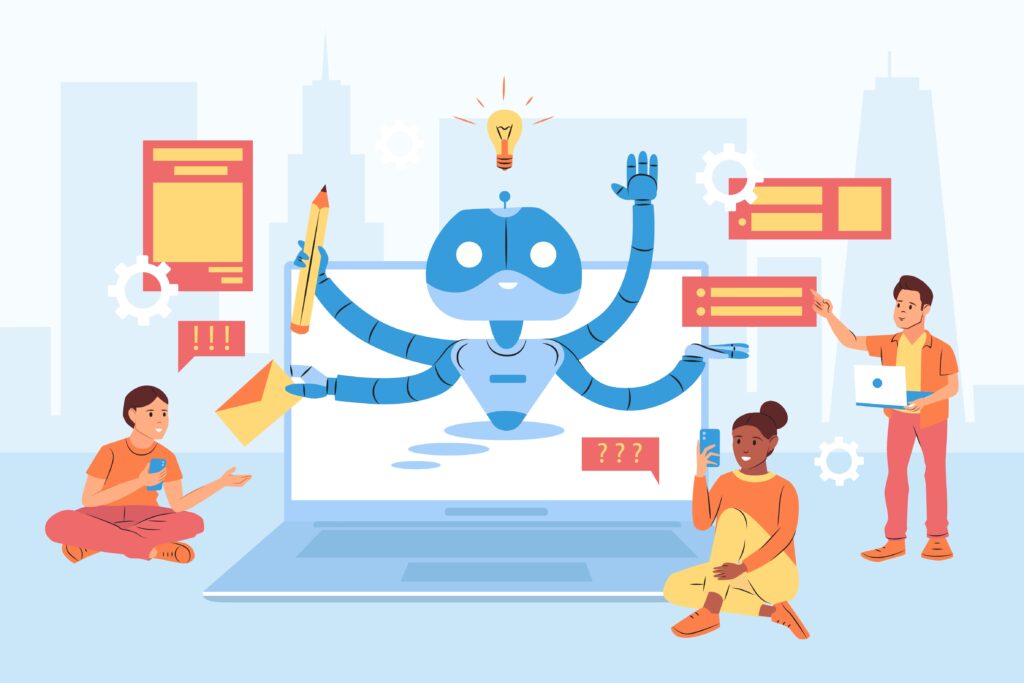
What about you? How do you feel about the integration of AI in our working and private lives? What other pros and concerns do we need to take into account?
Today I would like to share with you a few thoughts about the impact of AI (artificial intelligence) on remote tutoring.
The first positive fact is a personalized learning experience meaning that AI algorithms can analyze students’ learning patterns, strengths, and weaknesses to tailor tutoring sessions to their individual needs. Through adaptive learning technologies, AI can provide personalized recommendations, exercises, and explanations, optimizing the learning process and maximizing outcomes.
Second fact is the so-called data drive insights from AI indeed AI-powered platforms gather vast amounts of data on students’ performance, progress, and preferences. Educators can leverage this data to gain insights into students’ learning behaviours, identify areas for improvement, and adjust teaching strategies accordingly. By harnessing data analytics, tutors can provide targeted support and interventions to facilitate student success.
Third thing is the fact that AI augments tutoring support because AI can assist tutors by automating routine tasks such as grading assignments, providing feedback on student work, and tracking progress over time. This frees up tutors to focus on more meaningful interactions with students, offering guidance, mentorship, and emotional support that cannot be replicated by machines.
Forth is that AI can provide global reach since it eliminates geographical barriers, allowing students to connect with tutors from around the world. This global reach expands students’ access to expertise in various subjects and facilitates cross-cultural exchange, enriching the learning experience and broadening students’ perspectives.
Fifth and not least, to be taken into account amongst all these advantages are the so-called ethical consideration such as privacy concerns related to data collection and algorithms, potential biases in AI models, and the need for transparent and accountable AI systems.
Therefore, AI should be deployed responsibly and there should be stringent ethical guidelines that govern its use in education as well!

